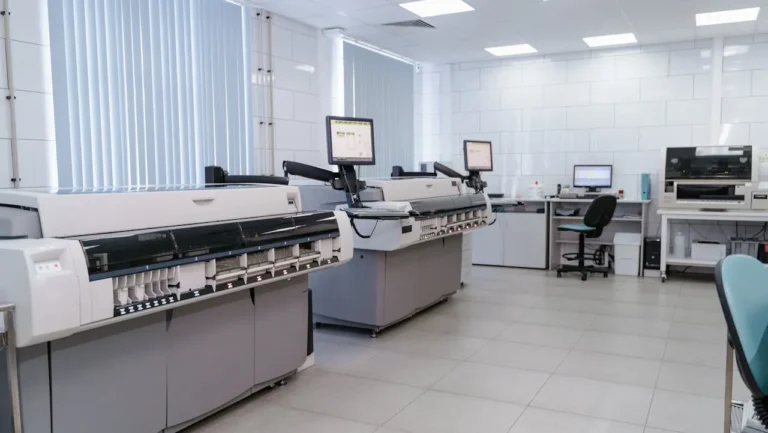
ResearchAndMarkets.com has released the “Global Autonomous Driving Policies & Regulations and Automotive Market Access Research Report, 2024.” In 2023, China exported approximately 4.14 million passenger cars, including 640,000 battery electric vehicles (BEVs) to Europe—41.27% of total BEV exports, valued at RMB132.5 billion (55.13% of total). Southeast Asia received 310,000 BEVs, representing 20.09% of exports, worth RMB22.3 billion (9.28%).
Despite high tariffs imposed by the U.S. and potential plans in Europe, Chinese passenger vehicles are expected to penetrate markets in Russia, Southeast Asia, the Middle East, and South America.
European Automotive Market & Regulations
Data from the European Automobile Manufacturers’ Association (ACEA) reveals 322 automotive assembly, engine, and battery plants in Europe, with 213 in EU countries. The EU has initiated an anti-subsidy investigation into Chinese EVs, potentially leading to tariffs of 15% to 30%. This situation is prompting Chinese OEMs to expedite production base establishment in Europe.
The EU’s interconnected regulations require compliance with both general and specific national regulations. Different European countries have varying stances on Chinese companies:
- Germany: Welcomes collaboration in intelligent driving with Chinese firms, fostering deeper market integration.
- Hungary: Politically favorable to China and an emerging R&D center, crucial for Chinese market entry.
- France: Early adopter of autonomous driving testing, though trailing Germany in EV development.
- UK: Aims for commercialization of autonomous vehicles by 2025, focusing on OEM liability for accidents.
Southeast Asian Market & Regulations
The Regional Comprehensive Economic Partnership (RCEP) facilitates trade and technological cooperation in electric vehicles between ASEAN countries and China. In 2023, vehicle sales in Southeast Asia grew significantly, led by Indonesia and Malaysia.
Thailand, strategically located, has become a manufacturing hub for Chinese brands, attracting substantial investment in EV production.
China’s AI and Vehicle Regulations
China is forging international agreements on AI governance and has released several policy documents on AI applications in vehicles, mandating compliance with national regulations. OEMs must navigate a detailed filing process for AI technologies.
Key Report Topics Include:
- Global Autonomous Driving Regulations
- China’s Autonomous Driving Guidelines
- Analysis of European Regulations and Market Access
- Southeast Asian Automotive Market Insights
- Overview of Automotive Development in Central Asia, the Middle East, and the Americas
For further details, visit ResearchAndMarkets.com.




